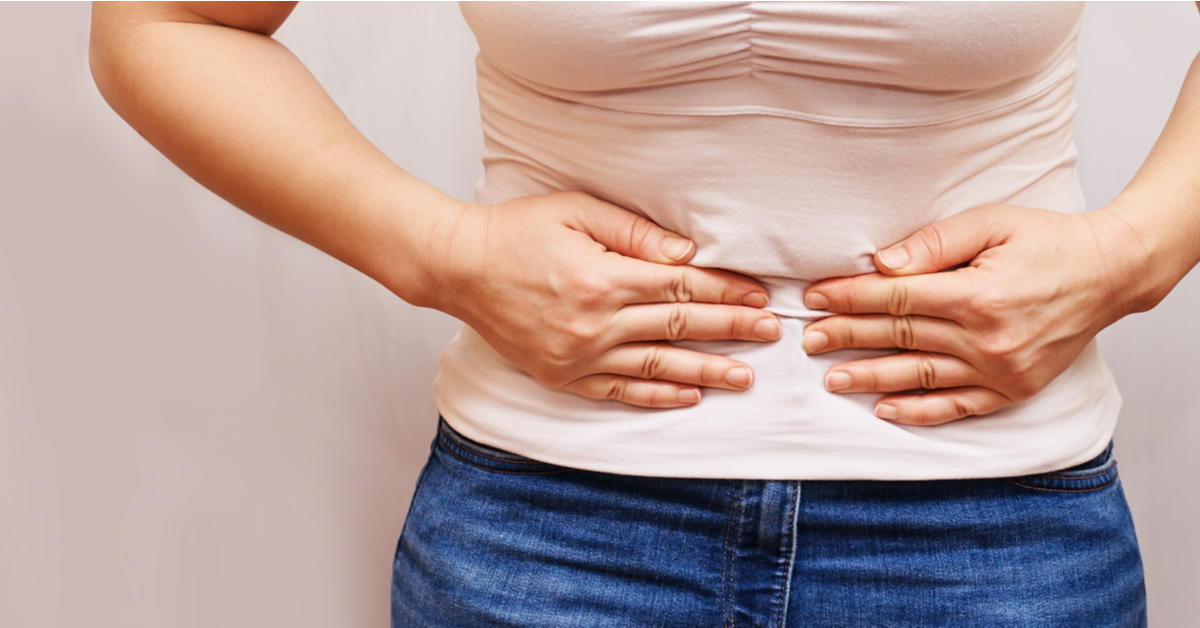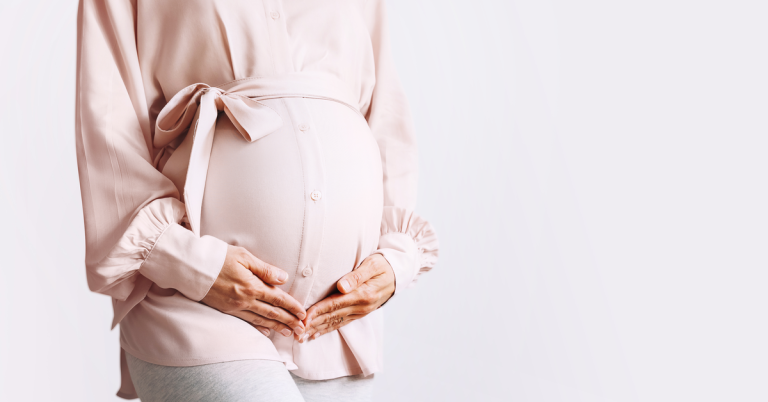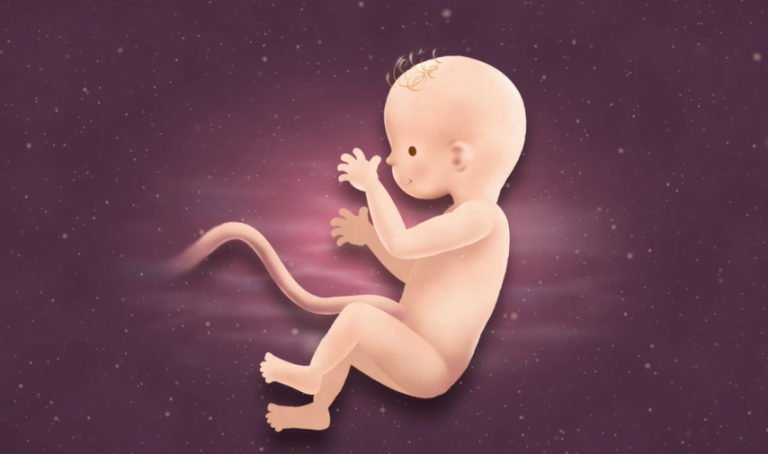Constipation after childbirth is very common in mothers. Many pregnant women suffer from constipation during and after pregnancy due to fewer bowel movements during this period. This discomfort may have existed before and continue after birth or occur for the first time after birth. Generally speaking, constipation occurs when bowel movements are slow, for any number of reasons, so stool stays in the intestines and dries out, which causes difficulties in going to the toilet.. It puts severe strain on the body, which is trying to heal and recover after birth.

What Causes Constipation after Childbirth?
- Insomnia and Fatigue: In fact, this problem is common in most parents. After birth, when you come home with your baby, you begin to live by its needs. Mothers, who are tired and sleepless because their babies wake up frequently and need to be fed at night, may experience changes in their bowel movements . Sleep disorders and lack of sleep can moreover lead to stress, which may in its turn cause constipation.
- Stress and Anxiety: Your newborn baby changes your life in many ways. In addition to the joy it brings to your home, it is quite normal to feel stressed and anxious. Complex emotions can affect your body’s stress hormones, causing problems in your digestive system. This may cause diarrhea in some women and constipation in others.
- Dehydration and Diet: It is essential to take care of your baby’s needs, like breastfeeding, sleeping, etc. However, when you are in the middle of this, it is even more important, both for you and your child, to think about self-care, nutrition and health. You should make sure you are drinking plenty of fluids, especially while breastfeeding. If your body does not receive the required fluids to function, dehydration, that is, the depletion of body fluids occurs. This can negatively affect your bowel movements and cause constipation as well. So, drinking plenty of water and other fluids throughout the day will protect your body. Moreover, unbalanced diets followed after birth can also cause constipation and various other issues.
- Low Activity Levels: Resting and lying down after giving birth may undoubtedly be what you want the most. However, this lack of activity can slow down your digestive system and cause constipation. Light exercise, walking and gradually increasing the time spent upright and standing, without tiring yourself, will also help your intestines to stay strong and healthyCertain Medicines: Some painkillers used after birth can cause constipation. You may choose to use them because of your stitches, muscle pain and headaches, but should be aware that these can slow down your bowel movements. Moreover, although antibiotics usually cause diarrhea, they can also cause constipation in some cases.
- Vitamins: Vitamins can provide you with the necessary nutrition to re-energize your body after giving birth. Iron supplements, which can be used in case of anemia after your baby is born, also help your body to recover. However, since these supplements can cause constipation, paying attention to what you eat and drinking plenty of fluids is important.
What Causes Hemorrhoids After Childbirth?
Hemorrhoids are enlarged veins in the upper part of the anus. These vascular “balls,” which often occur in the last trimester, may protrude from the anus and cause bleeding or itching. Constipation is the most common cause of hemorrhoids.
In mild cases of hemorrhoids, they can be treated with simple methods applied at home and drugs that your doctor will prescribe. However, the constipation must be resolved for this ailment to fully heal.
Constipation after birth usually disappears within a few days to one week after childbirth. Of course, you should give yourself some time to rest and heal during this time. Mothers who have had a cesarean may try to delay passing stools, because they expect it to be painful or uncomfortable. This can cause the constipation to become chronic.
So how to deal with postpartum constipation? Here are some suggestions you can follow at home:
- Drink Plenty of Water: It is crucial to drink 8 to 10 glasses of water during the day. However, you can also consume certain warm herbal teas*. The fiber in your meals will absorb the water you drink, softening the stool and making it easier to pass.
- The Food You Eat Is Important: Foods with a high fiber content may help in activating your digestive system. Whole grains, fresh fruits and vegetables, nuts, and breakfast cereals are great foods high in fiber.
- Snacks: Eating snacks helps speed up your digestive system. Therefore, try to eat six meals a day whenever possible.
- Moving and Walking: Especially during the recovery period after a cesarean section, walking at a slow pace, without tiring yourself, will also activate your intestines. If you want to make an exercise plan, it is important to consult your doctor.
- Foods to Avoid: It is vital for the digestive system not to consume certain foods, especially in the first ten days, such as fast food products, fries, junk food, white rice and potatoes.
- Foods Rich in Iron: If postpartum iron supplements trigger your constipation even more, include foods rich in iron in your meals. These are chicken, red meat, dark leafy vegetables and beans.
- Coping with Stress: Try relaxation techniques such as meditation, warm showers, light relaxing exercise such as yoga or pilates, and make sure to take time for yourself to rest and sleep.
Signs You Should See a Doctor
Postpartum constipation is common in most women. It can be resolved by using a few simple techniques at home. However, it is recommended to contact your doctor if you continue to be constipated and have symptoms such as:
- Excessive rectal bleeding
- Severe stomach or rectal pain
- Blood or mucus in your stool
- Diarrhea alternating with constipation
- Severe and painful swelling in the vagina, vulva or perineum
- If bowel movements are still absent on the third day after birth
Postpartum constipation usually resolves on its own in most women. Natural treatments, a daily healthy diet and light exercise can help improve this condition. In more severe cases of constipation, your doctor may stop or change some of the prescribed medications.
You can share your experiences and questions with us in the comments!
Wishing you well!








Just a comment about your spreadsheet I include in a separate column, the ahnentafel of the match to the CA as well as mine It certainly shows which way the removed generation(s) are Also when I have endogamy because my grandparents were cousins, for instance, I show ahnentafels for both paths, eg 54/56 which immediately shows why cMs are higher than expected Thank you for your interesting post
Hi Lesley, thank you so much for your informative comment, and your kind words.